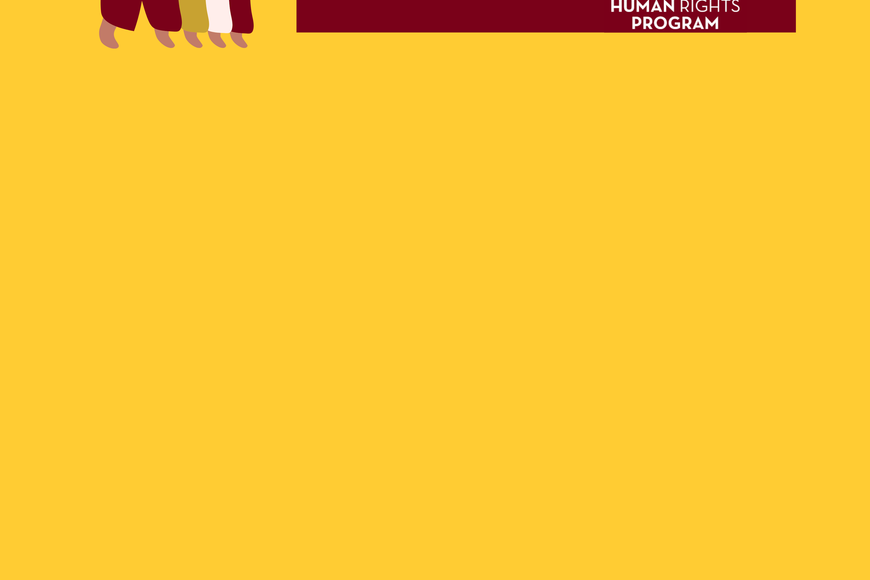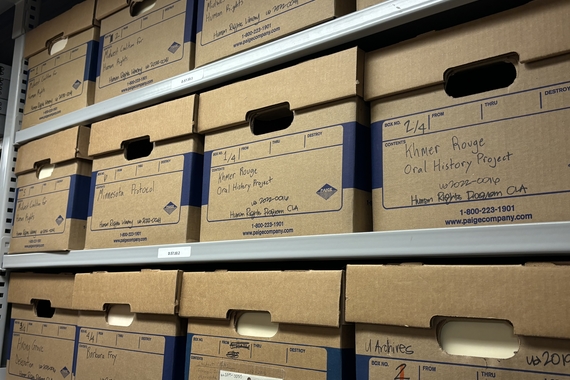Student Voices: Voting as a Human Right
The right to vote is one that, while not enjoyed by all, is identified as being a fundamental human right by many national as well as international bodies such as the United Nations. With the 2020 election coming up a week from today, the discussion on voting rights is of utmost importance and relevance to both this election season and beyond.
The right to vote, in addition to being a responsibility for U.S. citizens, is a universal human right. The Universal Declaration of Human Rights outlines the right of people to participate in governmental functions through electing their representatives freely and fairly. Article 21, Clause 3 states:
“The will of the people shall be the basis of the authority of government; this will shall be expressed in periodic and genuine elections which shall be by universal and equal suffrage and shall be held by secret vote or by equivalent free voting procedures.”
The right to vote in the United States is additionally guaranteed through the International Covenant on Civil and Political and Political Rights (Article 25, ratified by the US in 1992). While not ratified, the US is also signatory to the American Convention of Human Rights (Article 23).
The U.S. Consitution also recognizes the right to vote; and the 15th, 19th and 26th Amendments establish that this right cannot be withheld on account of race, color, sex, or age.
While acknowledging our universal right to vote, it is important to note that the right to participate in free and fair elections is denied to millions of people around the world, including in our own country. Consistently disenfranchised groups include young people, minorities, individuals experiencing homelessness, and people with disabilities. Many others lack access to voting for a variety of reasons including poverty, illiteracy, intimidation, or unfair election processes. Also, while the United States government officially deems all mentally competent individuals as possessing the right to vote, it maintains one significant exception to that rule: convicted felons. Felony disenfranchisement, along with voter identification laws, the purging of voter rolls, and voter intimidation are all practices that suppress voters and endanger their right to participate in fair and free elections.
Various organizations on an international, national and state level within Minnesota are working to preserve and extend the right to vote to all people. The OHCHR works internationally to ensure that elections meet international human rights standards and that they are held in an environment in which all are able to exercise their fundamental rights. Among those organizations working in Minnesota are the Minnesota Council of Foundations, The American Civil Liberties Union of MN, and 866 Our Vote.
The right to vote, while recognized both nationally and internationally, is one being challenged in America today, as it has been in the past. As students and defenders of human rights, we acknowledge that voting as a human right should be at the forefront of our advocacy as we strive for a more inclusive, just and truly free society. In an Op-Ed later this week, issues of voter suppression, and their historic impacts will be discussed in more detail. Until then, you make sure your vote counts this year by reading about voting this election season on the Human Rights Program's social media channels.



